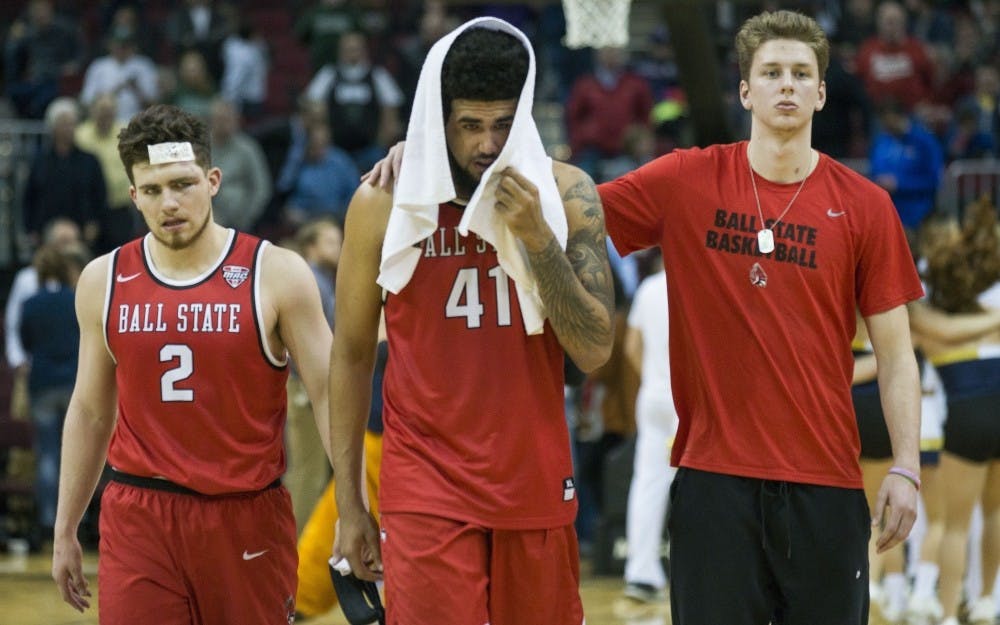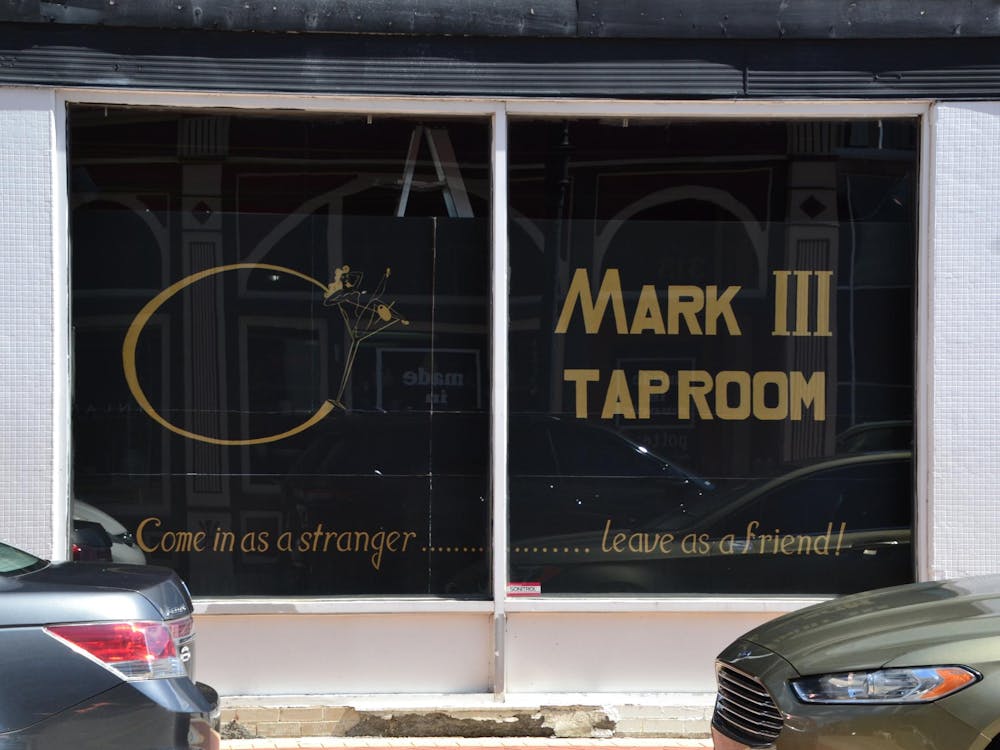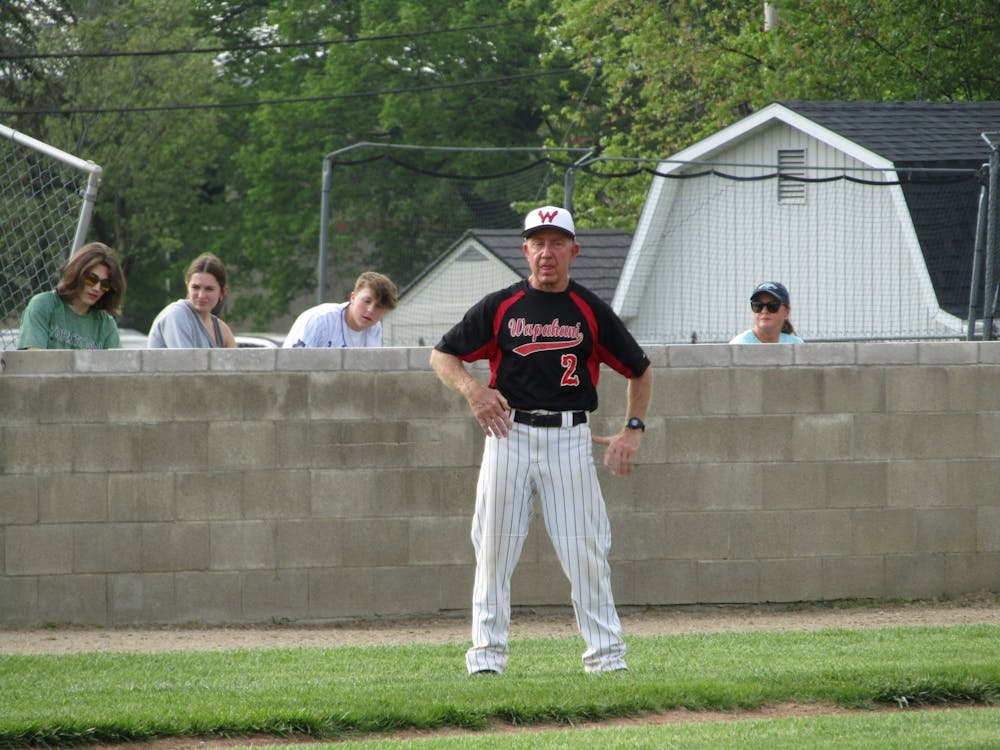For additional information about suicide prevention or to speak with someone confidentially, contact the Ball State Counseling Center at 765-285-1736, National Suicide Prevention Lifeline at 800-273-8255 or the Crisis Text Line at 741-741. Both hotlines provide free, anonymous support 24 hours a day, seven days a week.
“Our program continues to feel the pain of Zach’s loss,” Tyson Mathews said. “[It] heals slowly with time, but never vanishes.”
On Aug. 22, 2017, 19-year-old Zach Hollywood was found to have died by suicide in his Muncie Varsity House apartment.
The student-athlete’s death is reflective of the National Institute of Mental Health’s most recent findings in 2016 — suicide was the second leading cause of death of 15 to 24-year-olds in the United States, behind only unintentional injury.
As the anniversary of Hollywood’s death approached, Mathews, assistant director of athletic communications, said members of the men’s basketball team would not directly comment, but would continue to honor his memory while preparing for the upcoming season.
“The tragedy of Zach’s unfulfilled promise will always be cause for sadness,” Mathews said. “Last year was certainly a difficult one emotionally, but we are proud of the way our team banded together. We are strong as a basketball family and ready for another year.”
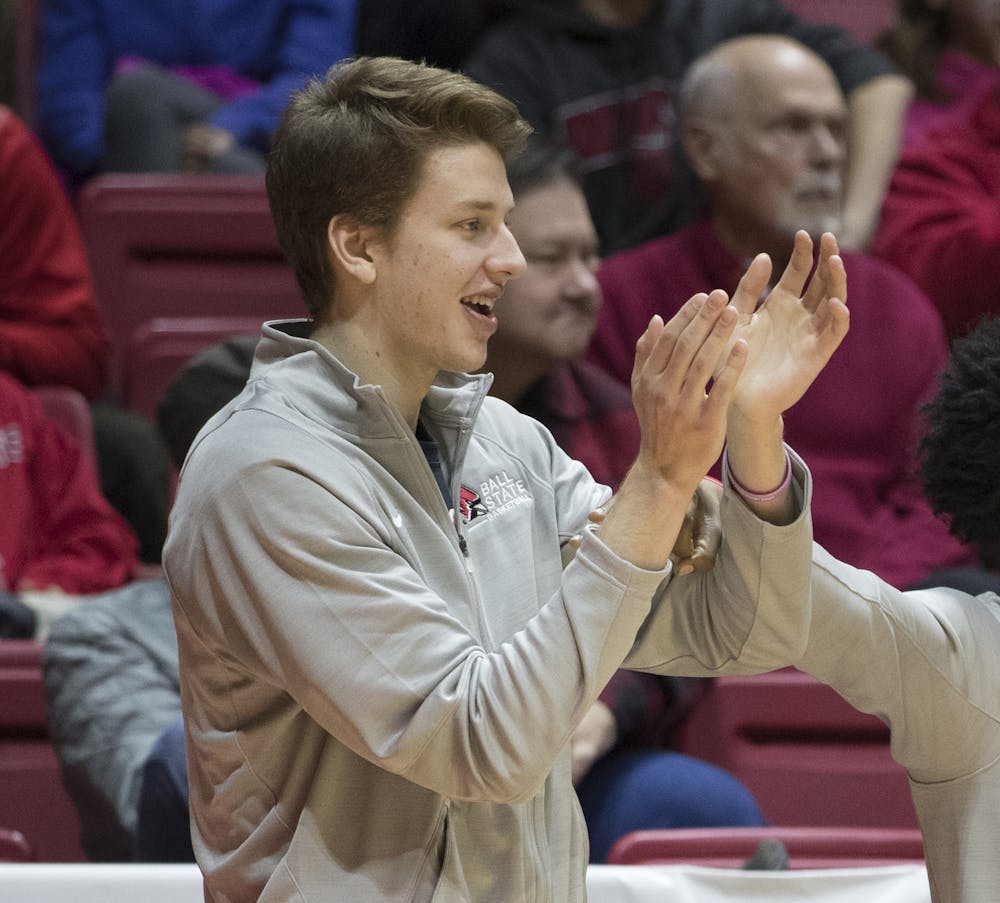
Ball State Basketball forward Zach Hollywood died Aug. 22. Photo provided by Ball State Athletics
For decades, the suicide rate among college athletes remained largely unknown. So, the NCAA, noting a growing concern about student-athletes’ mental health, commissioned a study that was first published in 2015, to set out to attempt to quantify the rate of suicide among college athletes.
According to the study, over a nine-year period, 35 of the 477 student-athlete deaths were identified as suicides, a lower rate than that of the general population.
“While there can be some stigma around seeking mental health services for athletes, some recent studies have pointed to a decrease in mental health stigma for athletes in recent years,” said Bill Betts, Ball State director of counseling and health services.
“The message for athletes and other specialty groups is really the same," Betts said. "If you or someone you know is struggling with thoughts of suicide, please get help."
Hollywood majored in special education and was an active member of Indiana’s Best Buddies program. He, along with other volunteers involved with Best Buddies, offered one-to-one friendship and leadership development, positively impacting more than 55,000 individuals with and without disabilities throughout the state.
Alex Renchen, head basketball coach at Bradley-Bourbonnais Community High School, said a great memory of Hollywood was when he did the “Wobble” on stage during a Best Buddies talent show.
“Zach was a great kid who cared about his classmates and teammates,” Renchen said. “Zach put others first.”
Hollywood was entering his second year at Ball State as a redshirt freshman on the men’s basketball team.
While his time was short, he had already positively impacted his teammates. Members of the team expressed their thoughts on Twitter following Hollywood’s passing.
“Not just a teammate but my best friend and my brother,” senior center Trey Moses tweeted in 2017. “I love you bro, watch over me.”
“Words can’t even explain how hurt I am to lose the teammate, a friend, and a brother!” former guard Jeremie Tyler tweeted in 2017. “We love you Hollywood! You will always be a part of us Zach!”
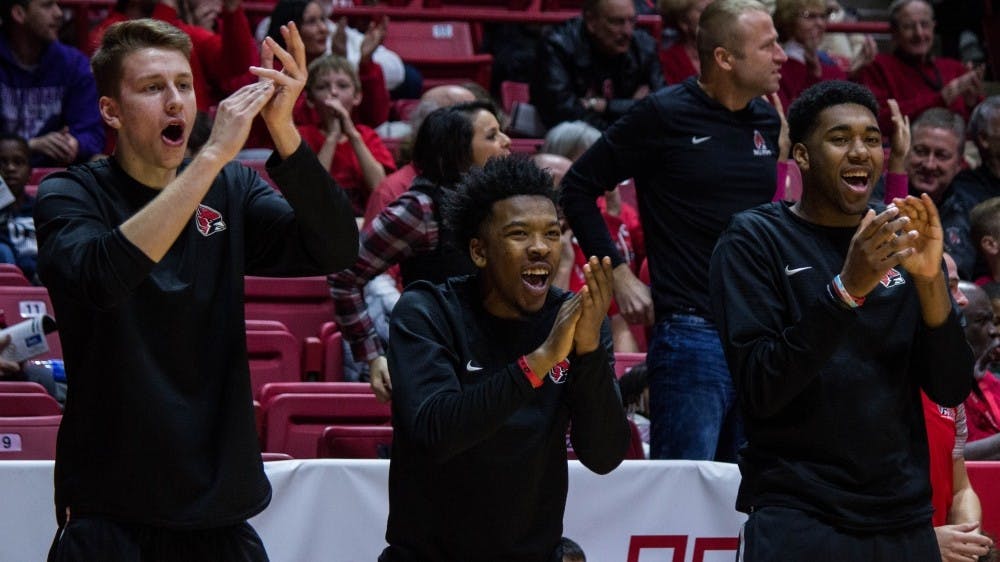
From left, Ball State Cardinals Zach Hollywood, Jontrell Walker and Tahjai Teague cheer on their teammates from the sidelines of the game against Eastern Kentucky on Dec. 10 in Worthen Arena. Ball State won 91-86 in overtime. Grace Ramey, DN File
RELATED: Remembering Zach Hollywood
Betts said an event, like a suicide, can affect people differently as some may express sadness or anger while others may not be sure how to feel.
“Whatever people feel, it is important to give them space to grieve in their own way,” Betts said. “However, for some people who may have already been thinking about suicide, hearing about someone else who died by suicide can make it seem like an option for them.”
The suicide deaths of celebrity chef Anthony Bourdain and designer Kate Spade shocked the nation over the summer, contributing to concerns that copycat actions could increase.
John Draper, executive director of the National Suicide Prevention Lifeline, told The Wall Street Journal that calls to the suicide hotline had jumped 25 percent after the suicides of Bourdain and Spade.
Warning signs of those who may be considering suicide include:
- Withdrawal and isolation from family and friends
- Having feelings of hopelessness, helplessness and worthlessness
- Acting secretive, impulsive or aggressive
- Giving away prized possessions
- Increase in alcohol and substance abuse
The most important sign, Betts added, is expressing thoughts of suicide.
“When a person expresses thoughts of suicide, the most important thing you can do is take them seriously and acknowledge that a threat of suicide is a plea for help,” Betts said. “It is important to be available to listen, to talk, and show you are concerned.”
For those who may be struggling, there are multiple mental health resources in the community and on campus, including the Ball State Counseling Center.
The center, located in Lucina Hall, offers a variety of services for students, including group counseling, skills workshops, individual counseling, self-help materials, psychological testing and psychiatric consultation.
Students with urgent mental health needs are usually seen within one day, Betts said. Others with less critical needs may not be seen as quickly, but will receive care. Emergency care is always available by calling 911.
“The number one priority of the Counseling Center is the mental health of Ball State students,” Betts said.
RELATED: Ball State’s Counseling Center implements new, revised scheduling system
Mathews would echo Betts’ message.
“The passing of a young person with such a bright future is something we hope no one ever has to deal with,” Mathews said. “Our program urges anyone thinking of harming themselves to seek the help of friends, family and mental health professionals who are available and eager to assist.”
Contact Allie Kirkman at aekirkman@bsu.edu or on Twitter @alliekirkman15 and Zach Piatt with comments at zapiatt@bsu.edu.

